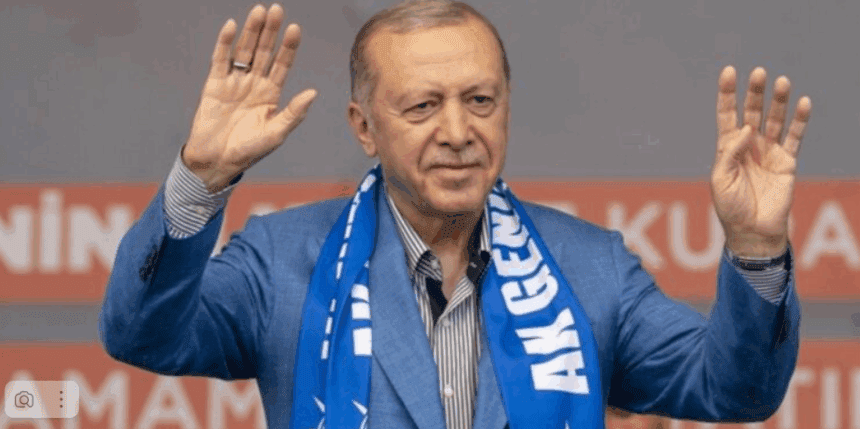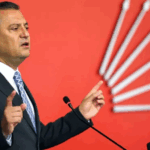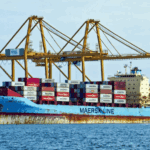President Recep Tayyip Erdoğan said on Saturday that unnamed groups were intensifying attacks and disinformation to slow what his government calls the “Terror-Free Turkey” process, vowing not to “fall into the trap” and rejecting rumors that local headmen’s offices (muhtarlıklar) would be shut or that village guards would lose their jobs.
Speaking at a ceremony marking the delivery of the 300,000th new home to earthquake survivors in Malatya, Erdoğan said, “We are very, very well-prepared this time. We are ready for all kinds of dark scenarios. We will not fall into the trap that is being set,” adding that the process would not be sacrificed to “ambitions, miscalculations, or imperialist games.”
Erdoğan also alleged that armed groups in North and East Syria were aiding Israel, casting this as part of efforts to weaken the “process.” In a late-May interview, SDF commander Mazloum Abdi said publicly that the SDF “has no ties with Israel,” while signalling openness to de-escalation with Turkey.
Such rhetoric from Erdoğan sits uneasily with Turkey’s own record of engagement with Israel. Ankara halted direct trade with Israel in May 2024 and later said flows would not resume until a permanent Gaza ceasefire and unhindered aid were secured. Yet trade data published in 2025 still showed substantial 2024 imports by Israel from Turkey. The estimated annual impact on bilateral trade is approximately $7 billion.
Energy links underline the contradiction. From 2014–2015, Israeli refineries repeatedly received crude exported from Iraq’s Kurdistan Region via Turkey’s Ceyhan terminal, with the Financial Times reporting that Israel took as much as three-quarters of its oil from Kurdish shipments during one period. Those flows were enabled by Ankara’s pipeline and export posture through Ceyhan.
Azeri oil is also delivered to Israel through Turkey’s Ceyhan terminal. For years, Israel has sourced a large share of its crude from Azerbaijan — about 40 percent, according to reports — moved via the Baku–Tbilisi–Ceyhan (BTC) pipeline that crosses Turkey to the Mediterranean. From Ceyhan, tankers sail to Israeli ports such as Ashkelon, feeding Israel’s refineries. The BTC route remains active: BP, the pipeline’s operator, reported this summer that loadings continued even amid a temporary quality issue with Azeri BTC crude.
Israel is a notable buyer of Turkish steel: in 2024 it imported about US$210.8 million in iron and steel from Turkey, roughly 11% of its US$1.95 billion total iron/steel imports. On June 12, 2025, İYİ Party deputy Turhan Çömez shared UN trade figures and vessel tracking, saying Turkey ranked fifth among Israel’s import sources in 2024 and that a ship named Vela departed Mersin carrying “tons of steel” allegedly for weapons manufacturing, headed toward Israel via the eastern Mediterranean. Çömez posted that the vessel was off Ashdod after passing Lebanon, even as Ankara announced restrictions.
Turkey’s Syria policy further complicates the picture. From 2011 onward, Ankara backed segments of the Syrian opposition and later carried out multiple incursions and played a decisive role in the toppling of Bashar al-Assad last December.In the months leading up to Assad’s ousting, Erdogan had often pretended to normalize relations with him. The current political situation stems from his role as co-chair of the Broader Middle East and North Africa project (BMENA).
The gap between rhetoric and record keeps widening: Erdoğan warns of “traps” at home and “outside support” to Israel, yet Turkey’s own choices—resilient trade despite cosmetic crackdowns, years of crude exports to Israel via Ceyhan, continued shipments of strategic materials like steel, and deep entanglement in Syria’s war—helped shape the very political geography it now brands a threat.
By: News About Turkey (NAT)



